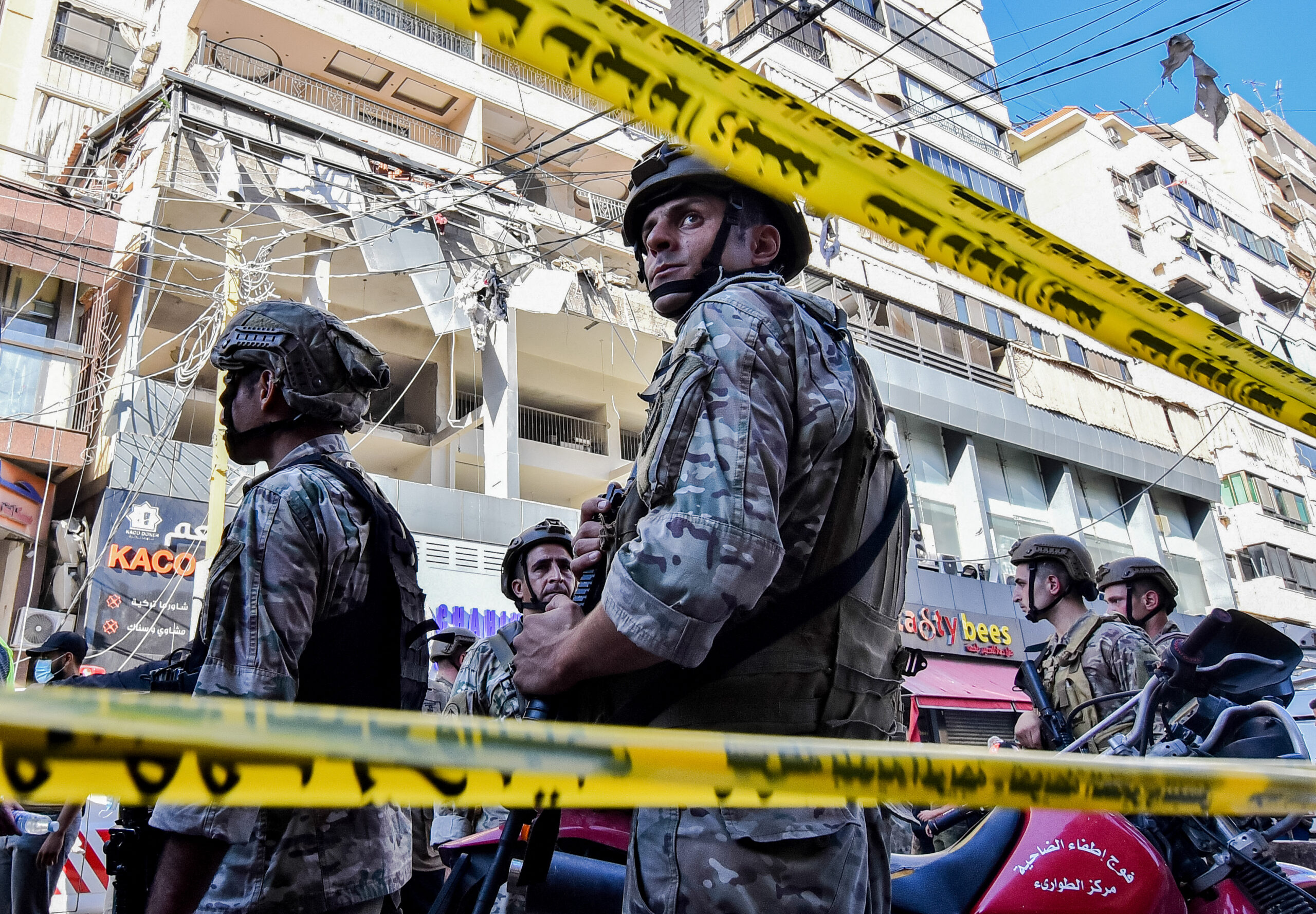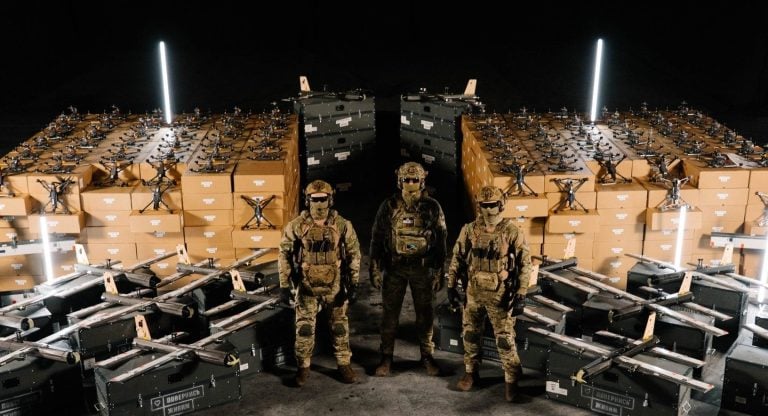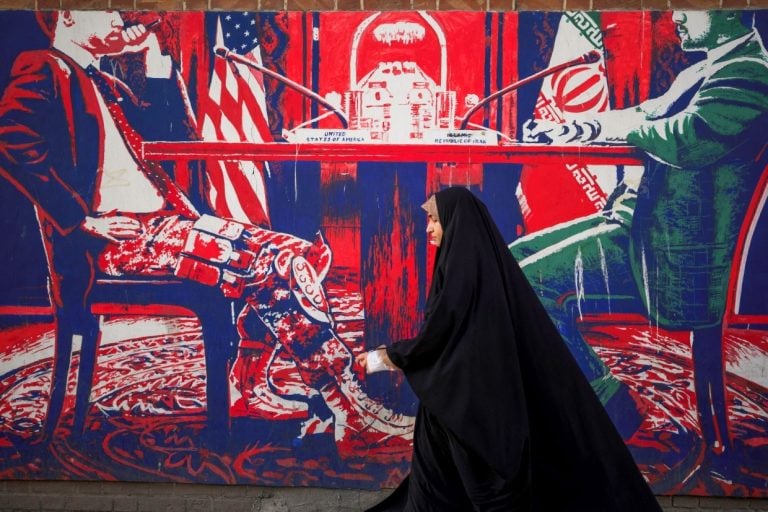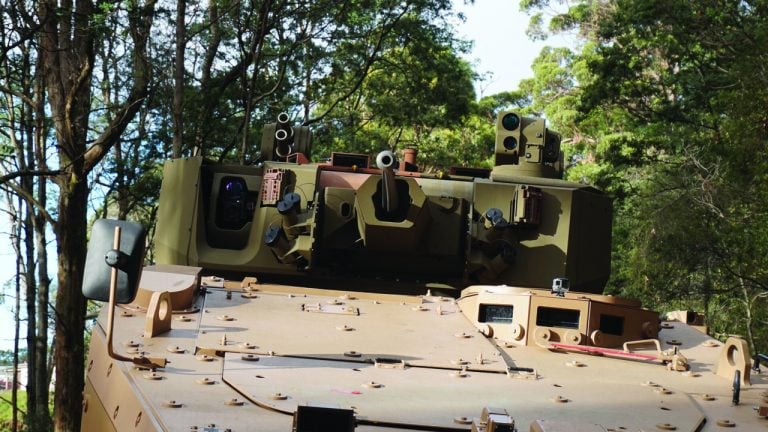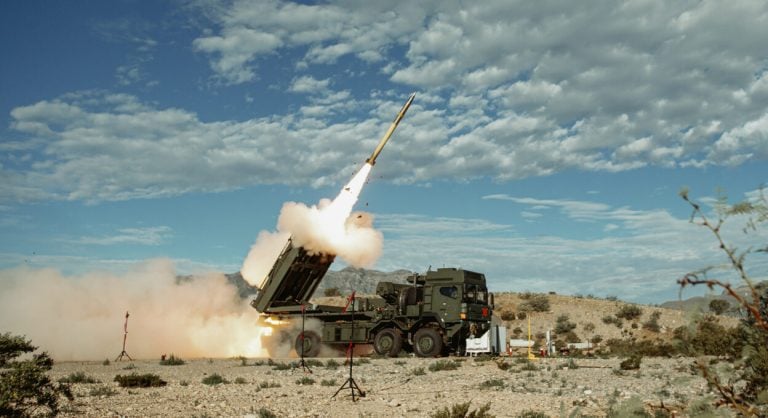In a significant development, Israeli Defence Minister Israel Katz announced on Tuesday that Israeli troops will maintain their presence at five key positions in southern Lebanon beyond the previously established pullout deadline. The move follows a truce deal intended to bring an end to hostilities between Israel and the militant group Hezbollah, which has been in effect since late November after a prolonged period of conflict, including two months of intense warfare.
Katz stated that Israeli military forces will remain in a “buffer zone” in Lebanon, asserting that they will act decisively against any violations of the ceasefire by Hezbollah. “The Israeli military will continue to act forcefully and uncompromisingly against any Hezbollah violation,” Katz emphasized, shortly after the expiration of an extended withdrawal deadline. Despite this announcement, a Lebanese security source confirmed that while the Israeli army had pulled back from all border villages, it continues to hold five specific positions along the border.
The ceasefire agreement was brokered by the United States and France, stipulating that the Lebanese military, with the assistance of United Nations peacekeepers, would deploy to secure areas vacated by Israeli forces over a period of 60 days. This timeline was extended until February 18, under which Hezbollah was also expected to withdraw north of the Litani River, approximately 30 kilometers (20 miles) from the border, and to dismantle any remaining military infrastructure in that area.
Katz reiterated Israel’s commitment to ensuring the security of communities in northern Israel and stated that troop reinforcements would be made on the Israeli side of the border. He stressed the necessity for Hezbollah to completely withdraw past the Litani River and called on the Lebanese army to enforce this disarmament under U.S.-supervised mechanisms.
Jonathan Conricus, a senior fellow at the Foundation for Defense of Democracies and former spokesman for the Israeli military, noted that Israeli forces would likely remain deployed in strategic locations overlooking Israeli communities in anticipation of the complete deployment of the Lebanese Armed Forces throughout southern Lebanon. He indicated that the Israeli Defence Forces (IDF) would consider a full withdrawal once Hezbollah complies with the terms of the agreement.
As tensions continue to simmer in the region, the Israeli government’s strategy appears focused on maintaining a strong military presence as a deterrent against potential threats from Hezbollah, highlighting the complex dynamics between Israel, Lebanon, and the regional militant group.
